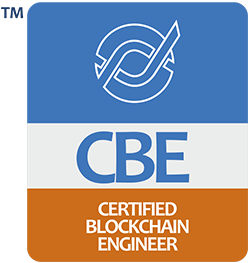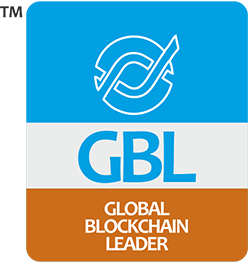Dec 05, 2018

In a world churning out exabytes per minute and direly in need of space to store it all, the blockchain phenomenon just might be the one right solution.
The term Big is perhaps not adequate to sum up the data we produce anymore. Humongous is more like it. A direct consequence has been the over-saturation of the data storage industry, but like the mythical vampire’s seemingly insatiable bloodlust, never-ending data needs never ending storage; Gordon Moore’s popular theory notwithstanding.
Enter blockchain. And the era of shared infrastructure.
Distributed computing is transforming the tech world just like its younger cousin, digital currency, is transforming finance, and the industry biggies are taking notice as blockchain emerges as the biggest technology trend in a post big data world. To see where we stand, we need to see how we got here in the first place.
The global cloud data storage market exploded just as big data did and the projections are staggering – $ 88.91 bn by 2022. That’s just four years away. Amazon, Google, Microsoft are all in the fray and the action is heating up. Hold on. These are centralized data storage.
Dissecting Blockchain Data Storage
Welcome to the decentralized storage marketplace. Blockchain data structures basically mimic cloud computing infrastructure and combine available resources in the blockchain itself to allocate disk space and storage among peer nodes within the network. If that sounds complicated, it’s the sophisticated server - level resource allocation akin to a typical P2P network at play. From the CIO’s perspective, nothing changes, except super low latency and the security of peer consensus who are in turn incentivized for participating. Sounds like the best of both worlds, doesn’t it? That’s because it is. So, what of security? Because the data is decentralized and because there is no single node to attack, hackers are kept at bay.
Hypothetical case in point is the infamous Equifax data breach. 145 million American’s private information was stolen from its servers. If it had used blockchain technology in this case, this is what would have happened - the data would be scrambled and sharded, and stored in peer computer disks. When required, it would be reassembled and fetched as necessary. Beat that in cybersecurity.
Even the intent is a perfect fit, considering that the origins of blockchain go back to the cypherpunk movement of the ‘90s – activists who considered data privacy sacrosanct.
Experts agree that a lion’s share of the cloud storage market will eventually come to be ruled by blockchain technologies and early adopters have the biggest advantage. Blockchain based computing and storage resources marketplaces like Unchainet are already playing David to Goliaths like AWS and Google Cloud. According to Gartner, the dollar value of blockchain businesses is expected to be around $200 bn by 2025, and data storage will comprise the biggest segment of its applications.
The great synthesis of enterprise IT and decentralized on-demand computing infrastructure has moved on from being a possibility to an inevitability. Companies are already looking beyond the usual firewalls and other application based mechanisms to decentralized data structures that combine encryption.
Fairly obvious, then, that the need for Certified Blockchain Engineers to leverage this fast-growing industry is going to zoom up in the very near future. Winners get in early and ride the tide. Precisely what you should do if you’re aspiring for a fast-growing and sustainable career in blockchain technologies.









